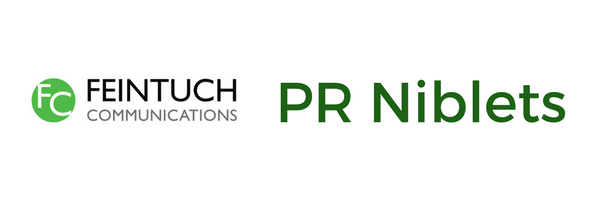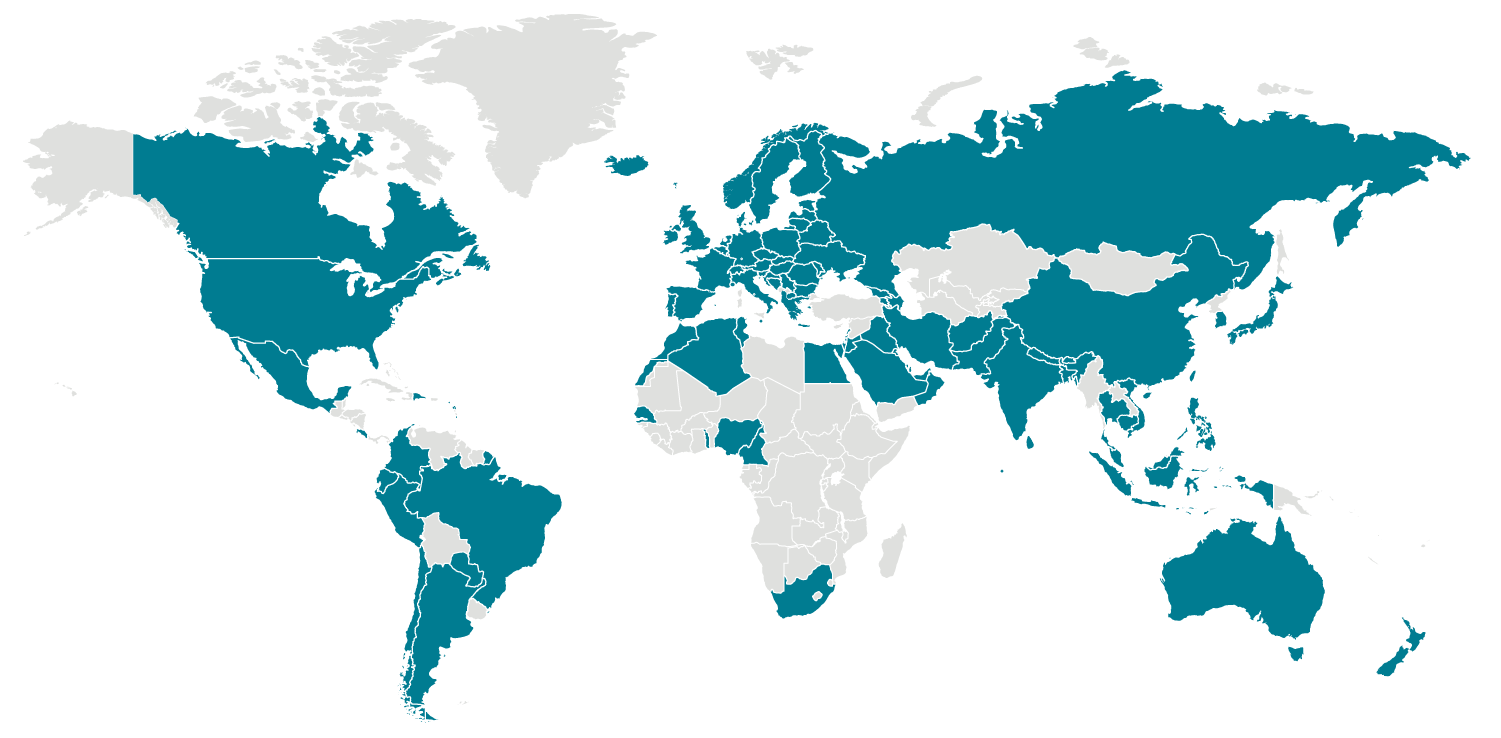Voxia Communication, a Switzerland-based firm and our partner in the PR World Alliance, offers practical wisdom for companies and individuals to heed as the world navigates the coronavirus pandemic. Originally posted in French on its website on March 24. See below for some actionable advice, as well as a reminder that the pandemic will end.

By Guillaume Coet, PR consultant Geneva, and Laurent Ashenden, founding partner

By Guillaume Coet, PR consultant Geneva, and Laurent Ashenden, founding partner
The COVID-19 or coronavirus pandemic has an impact on all aspects of
private and societal life. This event for which no one was really prepared illustrates the famous "black swan theory," well known to financiers. We look
back at the essential measures in times of crisis, the lessons that can be
learned from them and propose a critical outline of some actions already taken.
Offer a rapid and coordinated response
Ideally, your company should list and anticipate all the crisis
scenarios it could face. This preparation includes a prior distribution of
responsibilities, the development of key messages internally and externally,
and the drafting of documents that can be easily adapted to each situation. All
these arrangements will allow you to offer a rapid and coordinated response
from the very beginning of the crisis that affects you.
In the case of COVID-19, communication is key. There are several main
objectives. First, it is a matter of informing the public and fighting against
misinformation, particularly by basing your response on the recommendations of
experts in the medical field. Whether internally or externally, transmit the
measures to be respected in order to curb the pandemic: frequent hand washing, social
distancing or the implementation of teleworking when possible.
Secondly, reassure your employees, partners and customers in a time of sanitary
and economic uncertainty. Keep in mind the human drama that is currently happening
by conveying benevolent messages and showing understanding towards the various
stakeholders. Nevertheless, remain transparent, as any deliberate omissions on
your part can cause the crisis to worsen.
Ensure continuity
Beyond the tone to be set for your messages, it is essential to ensure
the continuity of your activities throughout the crisis. Information must be
kept up to date in order to deploy relevant communications across all channels.
Community engagement is also of critical importance: it will allow you to
obtain essential feedback to address the crisis as effectively as possible and
strengthen unity within your structure. It will always be easier to convince
employees who feel listened to and understood, even when difficult measures
need to be taken.
Every crisis is also synonymous with opportunities. Several companies
have been able to play their cards right by offering their support in the fight
against the pandemic: perfumer Firmenich promised 20 tons of hydroalcoholic
solutions to the HUG (Geneva University Hospitals), while Pernod Ricard donated 70,000 liters of alcohol to make
hand sanitizer. Several luxury groups such as
LVMH, Coty, Moncler, Prada, Armani and Versace are also making their financial
and logistical resources available to participate in the "war effort"
against the virus. While these actions undoubtedly have positive effects on the
image of these companies, they can also be perceived as a form of
reputation-washing or a diversion of philanthropy for mercantile purposes. It
is therefore very important to anticipate all the repercussions, both positive
and negative, that may result from each action.
On a more local scale, the initiative of a pizzaiolo who delivered 500 pizzas to the CHUV
caretakers demonstrates that even a small
company with few resources can take symbolic actions in times of crisis. (Update
03.26.2020: due to health and safety concerns, the delivery finally had to
be cancelled. Nevertheless, the importance of the message remains.)
Poor communication management can, on the other hand, create irreparable
damage to your image even in the long term. It is therefore necessary to be
wary of hasty announcements and to always explain the reasons behind your
choices. While the Spanish bank Santander has pledged to avoid any
layoffs or reduction of working time, Virgin Atlantic has announced that it will put 8,500
employees on unpaid leave for at least 8 weeks. The measure may be unavoidable for the company to survive, but it
remains draconian and requires particularly thoughtful communication.
Political communication also provides an opportunity to learn lessons
from the COVID-19 crisis. The drastic changes of course by political leaders
create a climate of uncertainty and reinforce the mistrust of the population.
The initial positions taken by Donald Trump or Boris Johnson, which minimized
the impact of the virus, are likely to be detrimental in the long term and may
be at the origin of a preventable mortality wave. These examples highlight the
importance of maintaining a clear and consistent line of communication. Policy
changes can of course occur, but sudden reversals must be avoided at all costs.
Anticipate the return to normal life
All crises come to an end, and although uncertainties remain about the
course of the pandemic, the coronavirus will be no exception. It is therefore
necessary to plan follow-up campaigns and a proactive communication plan. The
economic impact that accompanies the health shock will create demand from
companies that will have to adapt to the situation and resume their activities
under the best possible conditions. Communication is a privileged area to improve
this economic recovery.
The crisis will also create new trends. While some sectors are suffering
heavily, others are experiencing exponential growth with demand for online
entertainment and home delivery services constantly increasing. There are
opportunities to be seized in these areas.
Models that were introduced during the crisis will also be gradually
integrated into everyday life. One example is teleworking, which has become an
obligation today, but which will also be better accepted in the working world
of tomorrow.

